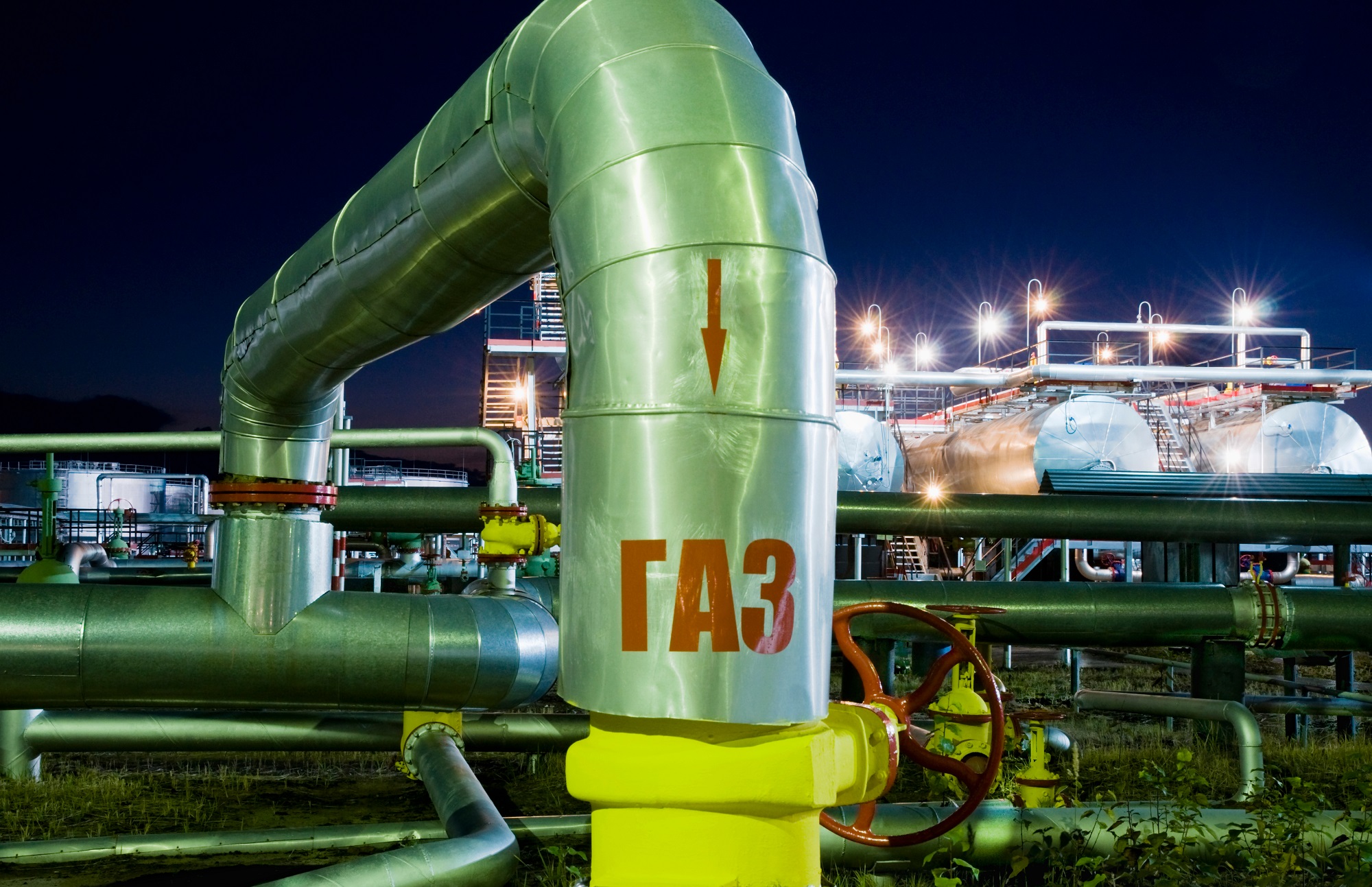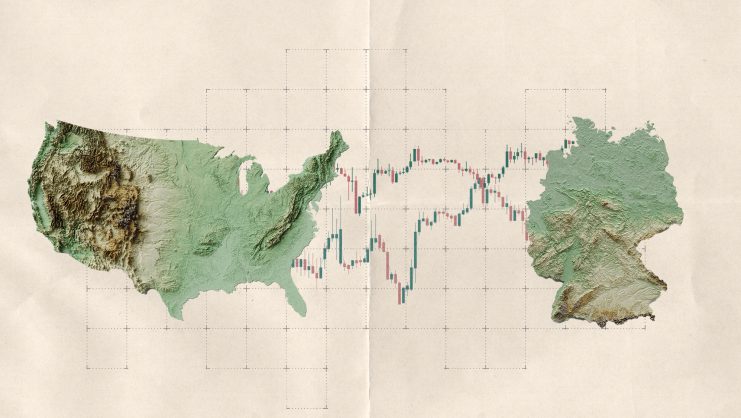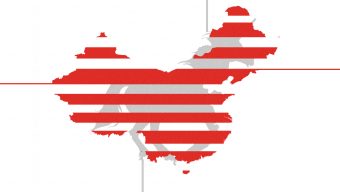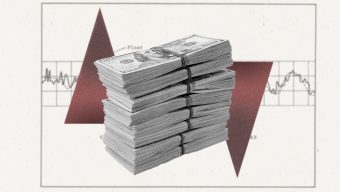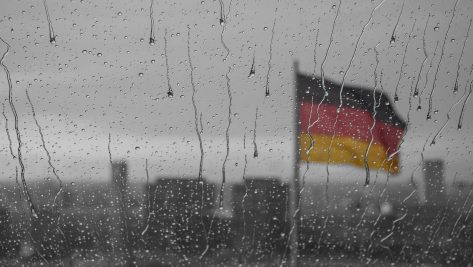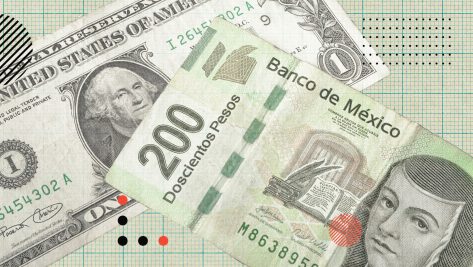Worrying about the economic consequences of Russia’s invasion of Ukraine may seem like a luxury reserved for technocrats, given the magnitude of the humanitarian disaster and the real threat of global destabilization, but it is our duty as economists to do so. Beyond the immediate impact on the price of energy, metals, and grain, which are now at surreal levels that are more in line with a war economy and a long period of scarcity, we must admit that the economic scenario has changed. And with it, the best economic policies to prevent the situation from turning into the nightmare known as stagflation: growth and employment stagnation with high inflation.
The most likely outcome of this war is that Russia will be excluded from the international arena for a long time, and even more acutely than during the Cold War. This will include financial isolation, with the country’s central bank and commercial banks unable to operate and carry out international transactions, and trade isolation, which is likely to also include an explicit ban on oil and gas exports. Finally, this will bring human exclusion that will go beyond the Russian tycoons in London and will prevent the free movement of innocent Russian citizens. It seems odd that nowadays we still need to remember that not all Spaniards supported Franco, not all Venezuelans support Maduro, and not all Russians are behind Putin. However, wars bring these extremes. Of course, embargoes and isolation must be sustained over time, because they tend to wear thin as the incentives for opportunistic behavior grow. China’s stance will be pivotal in this area. There is nothing to suggest that it will go beyond slightly biased neutrality, but it is not likely to compromise its long march towards world dominance.
There are five main contagion channels through which the Russian crisis can spread to the international economy: energy, trade, finance, inflation, and expectations. The energy market is in total disarray. Prices have soared to record highs and threaten to engulf the marginalist pricing model and trigger all kinds of hysterical interventionism. That would be a mistake, but to explain why would call for another article. What is true is that if Europe wants to shake off its energy dependence on Russia, it has to do three specific things, and stop paying lip service to empty claims of strategic autonomy. First, it must give up environmental fundamentalism, recognize that decarbonization will be long and costly, and that the agreed targets are unattainable without drastically reducing Europeans’ standard of living, as well as acknowledging that renewables are not the be-all and end-all. Secondly, it needs to accept that gas is an essential source in this transition and that security requires diversifying supply via the south and taking advantage of the idle capacity of the Spanish regasification plants. If this country had a sensible government, it would already be asking Germany to put pressure on France to add electricity and gas interconnection routes through the Pyrenees, even if it means changing its rhetoric and even its minister. And thirdly, it needs to drop the idea of a nuclear blackout. Of course, there are dangers, but it is obvious that the risk of depending on Russia and of another Great Depression is greater.
We will have to do more than simply pay a higher price to prevent shortages.
The trade channel mainly affects metal and grain, though not exclusively. Short-term damage is inevitable, as Russia is a key producer on the international aluminum, palladium, and steel markets, among others, while Ukraine is the world’s largest exporter of wheat, corn, soybeans, and sunflower oil. However, this is manageable if Europe realigns its trade policy to the new global strategic reality and adjusts its agricultural and foreign policies accordingly. Ensuring the stability and friendship of producer countries must be a new priority. There are alternative breadbaskets to Russia and Ukraine as well as major mining countries in America, Africa and, of course, Australia. We will have to do more than simply pay a higher price to prevent shortages. Financial contagion is contained to a few large Swiss, French, and Italian banks, and institutional investors holding Russian bonds in their portfolios. Default is assured and some banks may collapse. However, these will be isolated, perfectly manageable cases. There is no risk of any financial crisis, although large companies may have trouble meeting their revenue targets and may need to issue profit warnings.
And finally, we come to inflation and stakeholders’ expectations, i.e., to Keynes’ animal spirits. There are three seemingly obvious ideas, but the right consequences need to be drawn. First, the inflation crisis will be intense and prolonged. Price pressures were already high before the invasion, but now they are huge and wide, and will be persistent and unavoidable. We will see double-digit inflation in Spain. To guide market expectations, the ECB’s new monetary strategy defined three criteria to be met before raising interest rates. The three will be met.
Yet these rates increases will take place under economic and growth conditions that are radically different from those expected, including the depreciation of the Euro, which makes the ECB’s decision a much trickier one. Moreover, fiscal policy can no longer afford to assume zero interest rates and zero debt service costs. To put it bluntly, the fiscal free-for-all, rampant public spending, and unlimited deficit indebtedness have run their course. If fiscal consolidation was already advisable in the medium term, it is now urgent. This requires extreme efficiency in public spending in countries such as Spain with a smaller fiscal space and to target assistance to the most vulnerable. Any attempt to bridge the gap with more taxes or more debt, even if it is European, is a sure-fire recipe for recession. Third, all economic policies must be aimed at avoiding stagflation. Forget the rear-view mirror and the threat of deflation. That is the war of our forefathers, a quirk of textbooks and economic history. A radically different cycle has now dawned.
The new obsession must be to avoid stagflation. A new economic illusion is emerging in European academic and political circles which I find very worrying, because it minimizes the risk of inflation. Let me summarize this in three policy prescriptions. One, the ECB needs to delay monetary policy normalization until the crisis dies down and acknowledge that inflation will be high for a long time to come. Two, it needs to commit to a new “whatever it takes” including explicitly controlling the famous debt spreads to avert a new crisis in the Eurozone. And third, we need an even more expansive fiscal policy, financed for now with more European debt but with more taxes later to avoid the asymmetric impact of this crisis on the countries that are most at risk. Call the cash cow! Remember money grows on trees.
All three policies are wrong. Delaying interest rate hikes for political reasons is precisely the mistake that many countries, Spain among them, made in the double oil crises of the 1970s. And the result was a longer, deeper recession and higher interest rate increases afterwards. It is not the ECB’s job to iron out the imperfections in European policy. If there is a threat of a new Euro crisis, it is precisely because the well-known shortcomings of monetary union have not been addressed. Relinquishing the central bank’s independence and falling into fiscal dominance is not the answer.
There is no need to approve a new European Fund, but rather to make good use of the one we have, NextGenerationEU. The idea must be to avoid waste and re-channel it to what it should have been designed for, as a European fiscal stabilization instrument to be deployed in an emergency wherever an asymmetric crisis strikes. This is easy in this case. It needs to be spent on those who will suffer the most from cutting off the flow of Russian gas and oil and who will need the most humanitarian aid to welcome the millions of refugees. The rest of us have to tighten our belts, implement sound policies and create the right incentives for investors. It is now our turn for austerity and solidarity.
This article originally ran in Spanish in The Objective.
© IE Insights.



